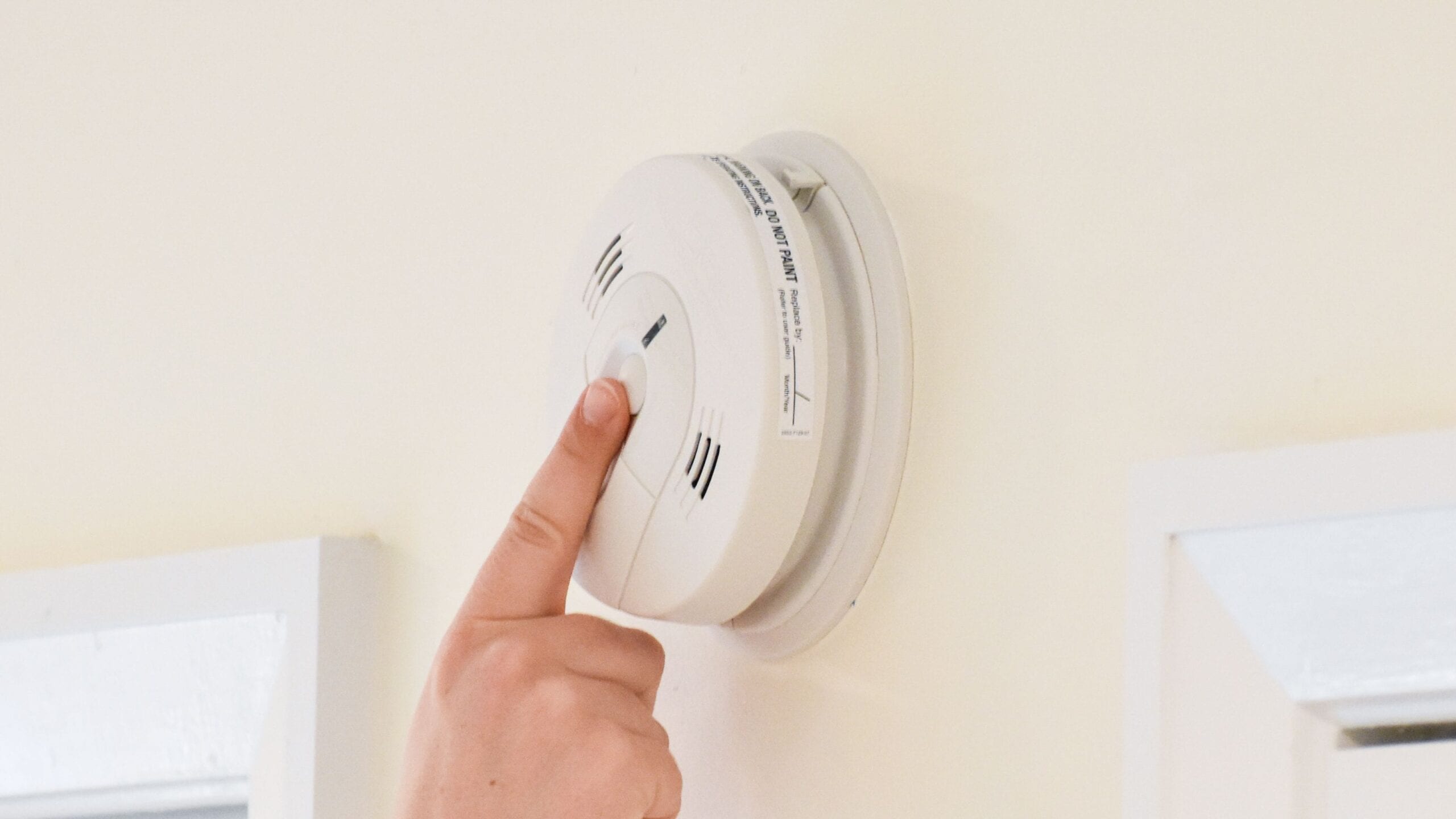Are Carbon Monoxide Detectors A Landlords Responsibility?

Are you planning on investing in your first Portland Oregon rental property? If so, like most landlords, you may be wondering if it’s your responsibility to provide a carbon monoxide detector.
In this article, we will answer this question and offer you several important points that you need to know when providing a carbon monoxide detector at your Portland rental property.
Yes, Providing A Monoxide Detector Is Your Responsibility
Carbon monoxide is one of the top silent killers in the United States, it strikes every year, especially during the winter because the wintertime in Portland is a period of the year when most people are using their fireplaces and heaters to heat their homes.
What most people don’t know is that carbon monoxide is produced any time you burn something. Since it’s undetectable by humans, this means that it’s essential for you to have a carbon monoxide detector in your rental property because you want to do your part to keep your tenants safe.
What is a carbon monoxide alarm?
A carbon monoxide alarm is a device that detects carbon monoxide and produces a distinct audible alarm when CO is detected. It can operate either as a unit, or as single station units wired to operate in conjunction with each other.
Oregon Law requires CO alarms in certain residential occupancies as follows:
Rental dwellings with a CO source. All rental dwelling units that either contains a CO source or are connected by a door, duct, or ventilation shaft to a CO source. This applies to rental agreements entered into on or after July 1, 2010.
Sale or transfer of title of homes containing a CO source. This includes one- and two-family dwellings, manufactured dwellings, and multifamily housing units. Alarms must be in place when the title is transferred.
New residential construction, regardless of whether or not there is a CO source, submitted for plan review as of April 1, 2011. This includes any building alteration or repair for which a permit is required.
What is landlord/tenant responsibilities?
- In rental dwellings in which CO alarms are required (see above), the
- landlord must:
- Ensure that properly functioning CO alarms are installed.
- Provide working batteries at the time of move-in.
- Provide the new tenant with alarm testing instructions.
- Tenant must:
- Test alarm at least every six months and replace batteries as needed.
- Notify the landlord in writing of any operating deficiencies.
Where in the home should carbon monoxide alarms be installed?
Each level of the home that has bedrooms or sleeping areas.
In each bedroom or within 15 feet outside of each bedroom door.
In multi-family buildings, an alarm is required in any enclosed common area that is connected by a door, ductwork, or ventilation shaft to a CO source.
Placement:
- Install CO alarms in a location specified in the manufacturer’s instructions. Depending on the model, this may be the wall, ceiling, or other location such as a plug-in receptacle.
- Avoid locations that are in turbulent air such as near ceiling fans, heat vents, air conditioners, or open windows.
- Avoid kitchens, garages, and furnace rooms, as an installation in these areas could cause nuisance alarms. Alarms should be placed more than five feet from fuel-fired appliances.
- Avoid locations that are dusty, dirty, or greasy; these substances can contaminate or coat the alarm’s sensor, causing the unit to malfunction.
Do current rules require carbon monoxide alarms in all bedrooms?
No, the law requires an alarm within 15 feet of each bedroom door (for example, a single alarm in a hallway may be within 15 feet of two or three bedrooms). However, it is a recommended best practice to have them in each bedroom because ductwork from sources often goes directly to bedrooms, bypassing hallways outside of sleeping areas.
Do current rules require carbon monoxide alarms on all levels of the home?
No, the law requires an alarm on each level of the home that has bedrooms. However, it is a recommended best practice to have alarms on each level of the home.
What are acceptable power sources for CO alarms?
CO alarms can be:
- Battery-operated.
- Hard-wired with a battery backup.
- Plug-in with a battery back-up.
Contact Rent Portland Homes – Professionals
For more Property Management tips, or to speak with us about the property management services that we can offer you, contact us today by calling (503) 447-7735 or click here to connect with us online.






